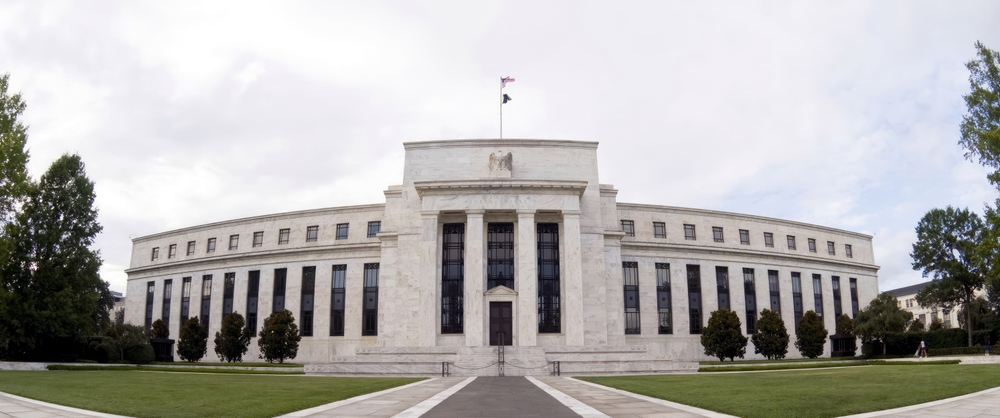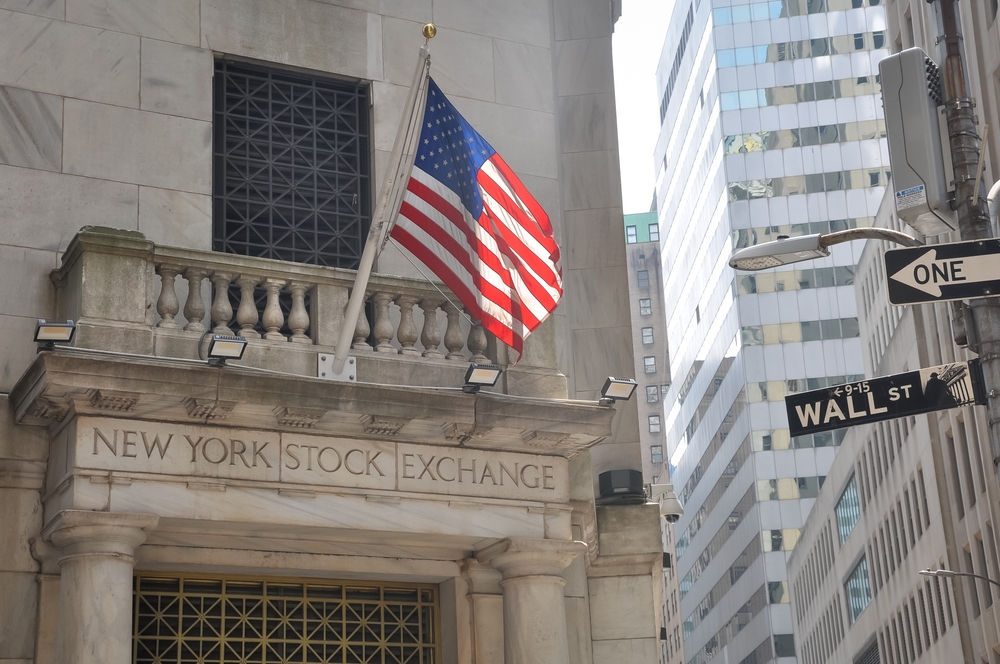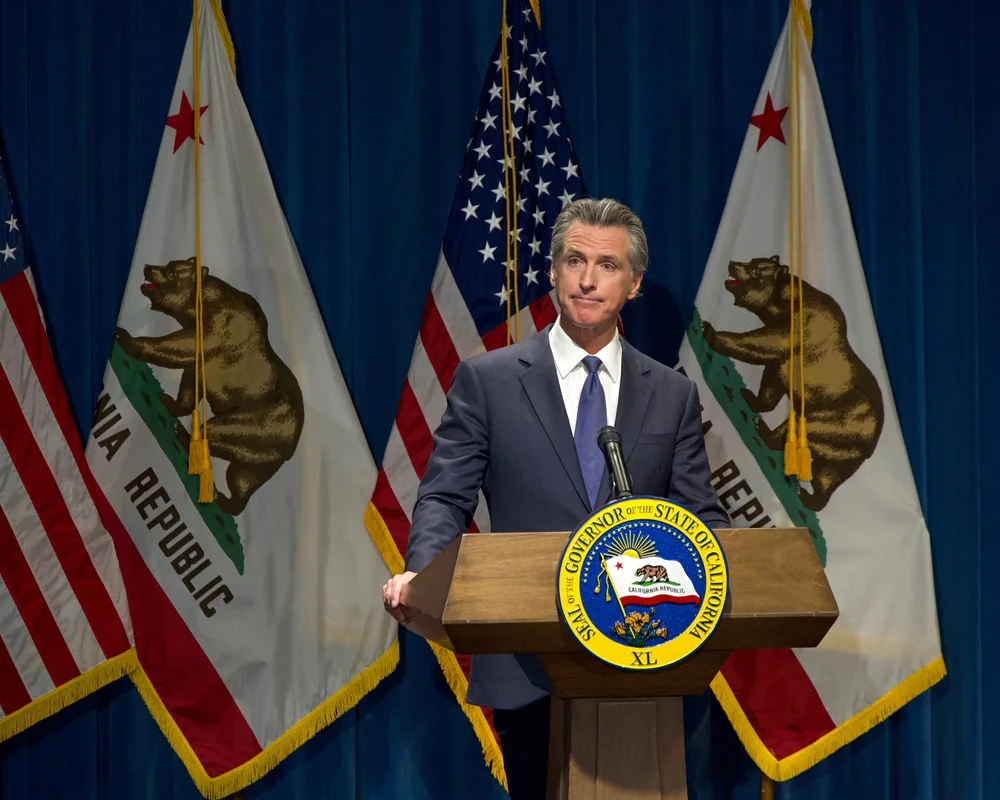
Ignore 'Open Letters' From Economists
Don’t be swayed by “open” letters signed by well-known and well-respected scholars, experts, professors, and businessmen.
Don’t be swayed by “open” letters signed by well-known and well-respected scholars, experts, professors, and businessmen. In recent years, it has become usual to find in the popular media that a new group of apoplectic economists—substitute “doctors,” “scientists,” or “tech leaders” depending on the days—have written another open letter (signed by many of their own), rather than debate the merits of the argument.
In particular, it has become fashionable for large groups of economists to weigh in on pressing political debates by affixing their names to open letters. Earlier this month, hundreds of academics, including Nobel laureates, professors and graduate students, signed a letter defending Federal Reserve Governor Lisa Cook and the principle of central bank independence. In April of this year more than 900 economists, including two Nobel Prize winners, issued an open letter denouncing President Donald Trump’s tariff policy. In the run up to the 2024 election, 23 Nobel Laureates in economics endorsed Kamala Harris’ economic policies over those of Trump. And during the COVID-19 pandemic, nearly 200 economists petitioned state governors to repeal anti-price gouging laws. These letters arrive with an air of authority, a united front of experts telling policymakers and the public what must be done to solve an untenable situation.
But we should be cautious of these pronouncements. Rather than treating them as gospel from the high priests of economic science, we should consider them warily, especially when the intended recipients are policymakers and politicians. The mere fact that hundreds of economists sign a letter does not make its assertions true. These open letters often function as a way to rally the troops politically, designed to influence decisions by the sheer weight of signatures, rather than the strength of a fully articulated argument.
Economic Dynamism

The War on Disruption
The only way we can challenge stagnation is by attacking the underlying narratives. What today’s societies need is a celebration of messiness.

Unlocking Public Value: A Proposal for AI Opportunity Zones
Governments often regulate AI’s risks without measuring its rewards—AI Opportunity Zones would flip the script by granting public institutions open access to advanced systems in exchange for transparent, real-world testing that proves their value on society’s toughest challenges.

Downtowns are dying, but we know how to save them
Even those who yearn to visit or live in a walkable, dense neighborhood are not going to flock to a place surrounded by a grim urban dystopia.

The Housing Crisis
Soaring housing costs are driving young people towards socialism—only dispersed development and expanded property ownership can preserve liberal democracy.

Kevin Warsh’s Challenge to Fed Groupthink
Kevin Warsh understands the Fed’s mandate, respects its independence, and is willing to question comfortable assumptions when the evidence demands it.

Oren Cass’s Unquenchable Appetite for Regulation
Cass’s “more regulation” program is just an all-you-can-eat buffet for Wall Street and K Street.
.webp)




.avif)
.jpeg)




.jpg)


.jpg)


